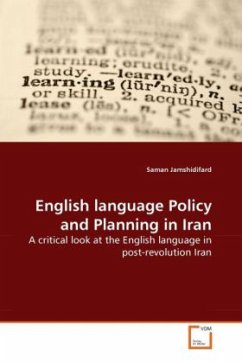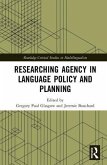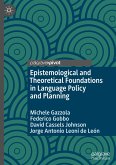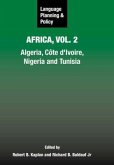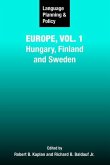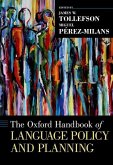Iran has been in the headlines in the recent years and decades for many socio-political reasons. Many of these involve the confrontation of the Islamic revolutionary values of the 1979 revolution with the foreign policies and aspirations of the Western governments. Among the Iranian state's revolutionary values there are no articulated regressive aspirations but progress and globalisation are defined differently and the status of the English language as a foreign language in Iran has been controversial and questionable for the same reason. The English language is in demand for it is associated globally with progress, but it is rejected as it incorporates Western values or allows access to these values and could be deemed harmful to the local cultures and identities. These two dimensions of the English language choice are the centre of what is discussed in further detail.
Bitte wählen Sie Ihr Anliegen aus.
Rechnungen
Retourenschein anfordern
Bestellstatus
Storno

